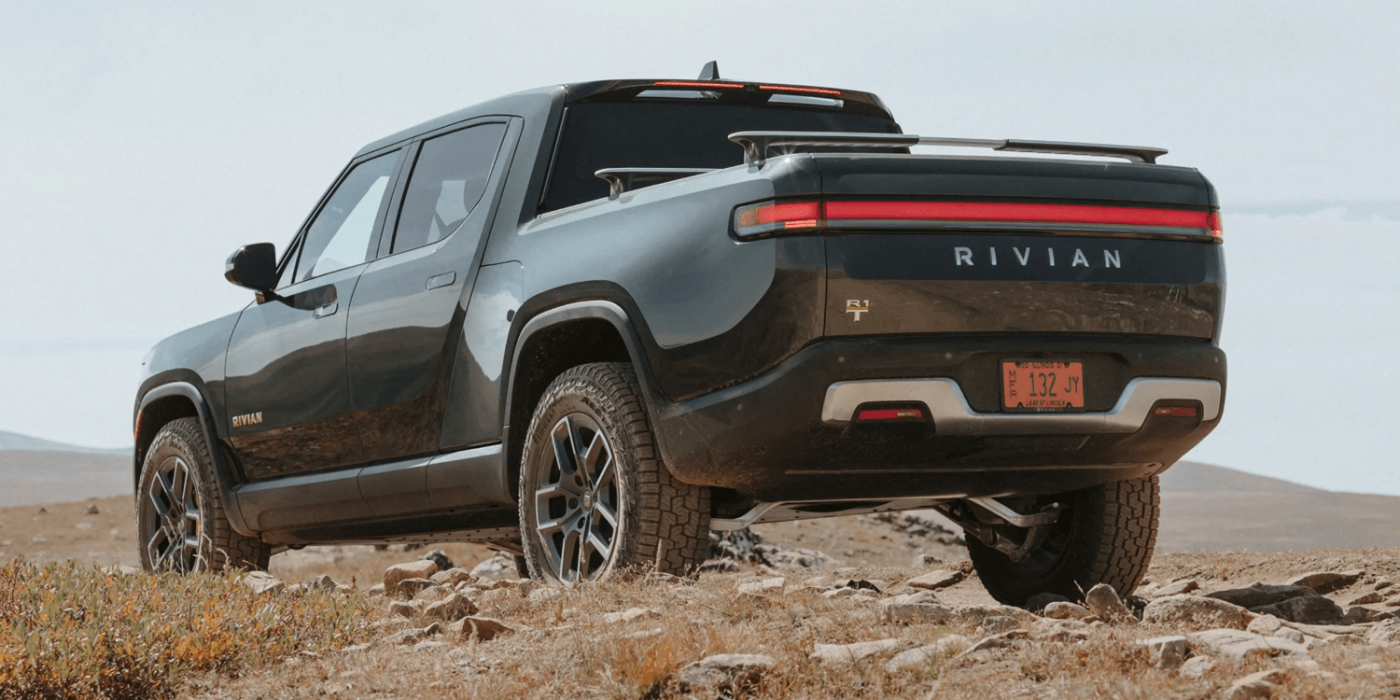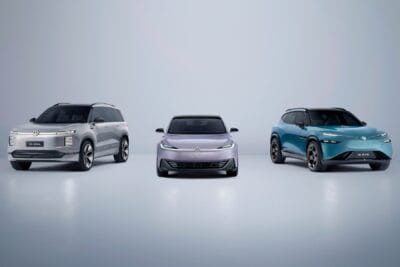Rivian aims to manufacture 200 BEVs per week
US electric car start-up Rivian has ramped up production of its debut model R1T to around 200 units per week, according to insiders. The production ramp-up had previously been bumpy, although the company had postponed the start of production and deliveries several times.
According to Automotive News, citing company sources, Rivian had suspended production at its Normal plant in Illinois for about a week in early January to make corrections and process improvements. The company was also dealing with supply chain bottlenecks and covid outbreaks.
By the end of December, Rivian was producing an average of about 50 units of the R1T per week. Rivian ended 2021 with 1,015 vehicles produced and 920 delivered, with the first customer vehicle assembled in September. The lessons learned since then are now said to have been incorporated into the production process. It remains to be seen, however, how many units per week Rivian’s production can now achieve thanks to these improvements. So progress is visible, but long-term success will also depend on further scaling.
This is also made clear by a look at the company’s own targets: Rivian’s plant in Normal should be able to produce 150,000 electric vehicles per year by 2023 – that would be around 3,000 vehicles per week. After that, the capacity is to be increased to 200,000 vehicles per year. Or to put it another way: to work off the roughly 71,000 pre-orders at 200 vehicles per week would take just under seven years.
According to insiders, however, one-off effects have also influenced the production of the R1T so far. For example, the start of production of the R1S electric SUV on the same assembly line has slowed down production of the R1T pickup. Although some saleable units of the R1S have already been produced, the company still has to complete some pre-production work on the SUV. However, this is likely to be purely about easier manufacturing and not about the vehicle features per se. The electric delivery van for major customer and shareholder Amazon will be assembled in Normal on its own line and is therefore independent of the production of Rivian’s own models. Rivian plans to build 10,000 Amazon delivery trucks by the end of 2022.
In December, Rivian had announced the construction of a second electric vehicle plant in Georgia, which is to go into operation in 2024 and should be able to produce up to 400,000 electric vehicles per year when completed.





0 Comments